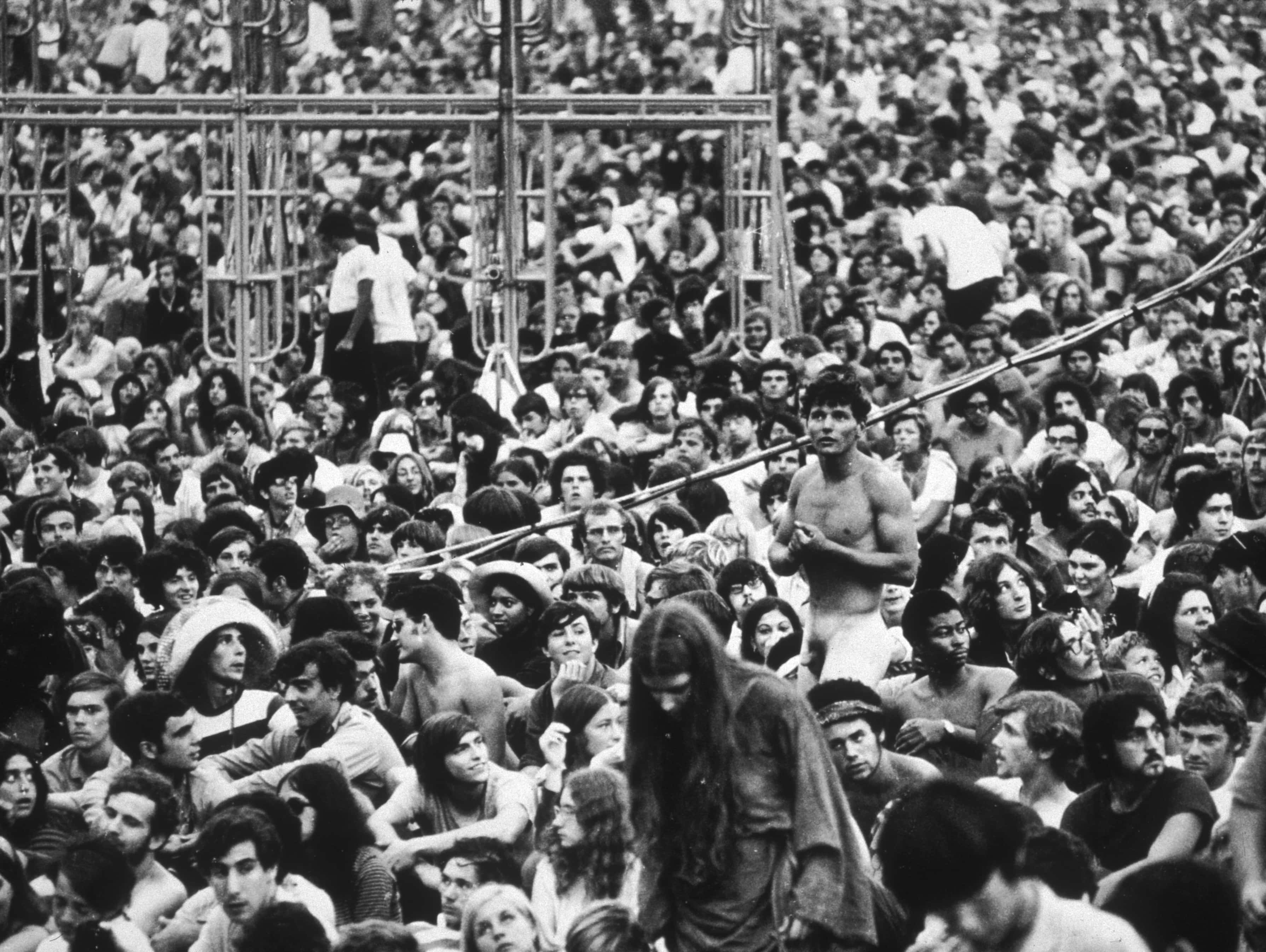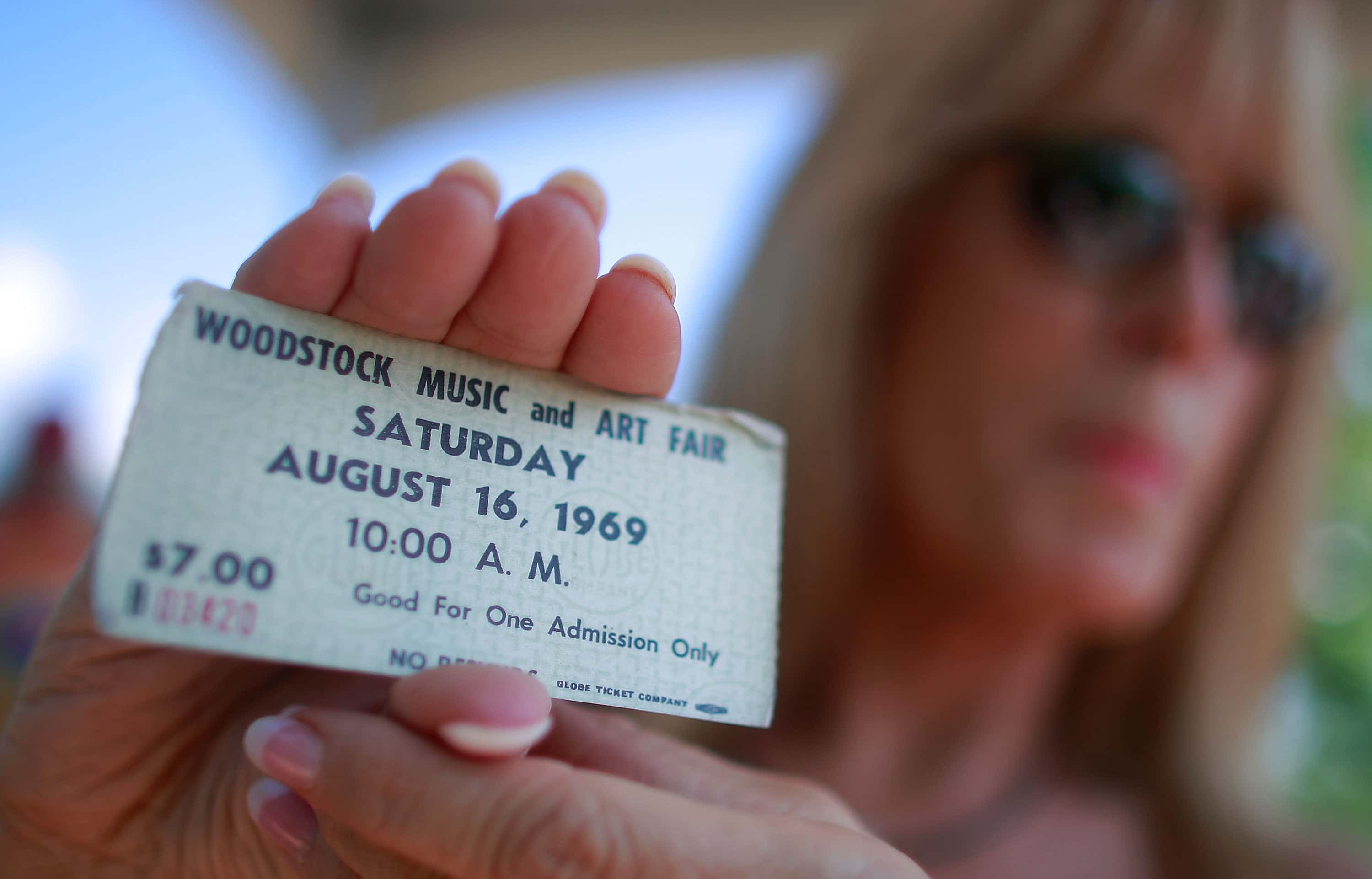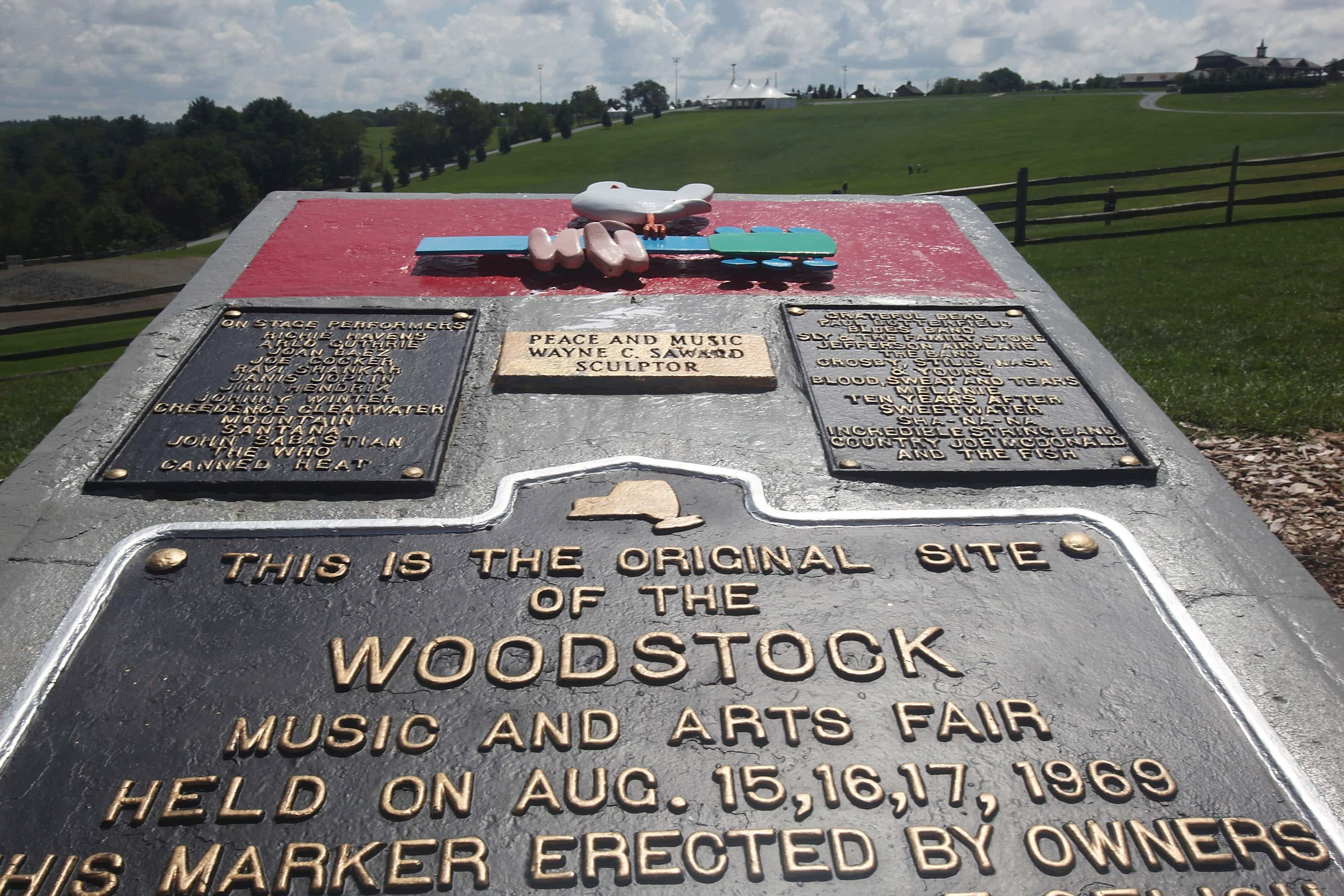Remembering Woodstock: Max Yasgur defied Bethel townsfolk and leased land on 600-acre farm, but it came at a cost

The Woodstock Music and Art Festival was arguably the most important rock music festival in history. The iconic event kicked off on August 15 in 1969 and drew in a crowd of nearly 500,000. Considered a turning point in the counterculture movements of the '60s, Woodstock would come to represent the 'hippie era' and showcase the hope and dreams of the youth at a time when the United States was grappling with important sociopolitical issues and often excluded the younger generations from the conversation.
Most importantly, Woodstock proved to the world that such a large group of people could, in fact, come together and enjoy a festival peacefully, a realization that helped reshape all events that followed. But interestingly enough, for all its significance, Woodstock nearly did not come to pass, owing to heavy opposition and venues pulling out at the last minute. So when a dairy farmer from Bethel offered to host the event, he inadvertently helped change the course of history. But not everyone in Bethel was quite as receptive to the idea.
The original venue for Woodstock was Wallkill, New York. But they soon withdrew, forcing organizers to hunt for an alternate location. They narrowed in on Saugerties, but they soon declined to provide a venue as well. But only 40 miles away from this village existed another by the name of Bethel. In Bethel lived 49-year-old Max Yasgur, a dairy farmer who happened to be the largest milk producer in Sullivan County, New York, and owned several farms in the area. Yasgur agreed to lease out one of his fields from his 600 acres for $10,000.
But while the deal itself went smoothly enough, the aftermath and how it impacted Yasgur was hardly a smooth ride. Soon after he leased his farm, Yasgur became the target of hate, receiving threatening phone calls. And once the festival was announced, the townsfolk began opposing it by erecting signs all over the town that read, "Local People Speak Out Stop Max's Hippie Music Festival. No 150,000 hippies here" and "Buy no milk." The town even began considering changing the zoning law to prevent the festival from taking place.

Yasgur addressed the town board prior to the festival, declaring he had every intention of going forward despite their disapproval. He agreed with them that the hippie lifestyle, which included heavy drug use and anti-war slogans, was not ideal, but he said, "Tens of thousands of Americans in uniform gave their lives in war after war just so those kids would have the freedom to do exactly what they are doing. That's what this country is all about and I am not going to let you throw them out of our town just because you don't like their dress or their hair or the way they live or what they believe. This is America and they are going to have their festival." And on August 15, the festival billed as "An Aquarian Exposition: 3 Days of Peace & Music" kicked off.
Yasgur, oddly enough, was a conservative Republican who supported the Vietnam War. But he also saw the potential in Woodstock, both as a way to make more money as well as a way to bridge the widening gap between generations that was making it difficult for Americans to come to an agreement on most issues. Addressing the crowd on the second day of the festival, Yasgur told the audience, "You've proven to the world is that a half a million kids — and I call you kids because I have children that are older than you — a half million young people can get together and have three days of fun and music and have nothing but fun and music, and God bless you for it!"

Yasgur's neighbors turned against him soon after the festival, becoming increasingly hostile, so much so that the farmer was no longer allowed at the town's general store. They would eventually sue him in 1970, citing property damages caused by concert attendees as their reason. Oddly enough, no one incurred more losses than Yasgur himself, whose problems ranged from severe property damage to loss of resources owing largely to the farmer giving water, milk and milk products away for free when he learned that the town was trying to charge concert-goers for water. Yasgur insisted, however, that he never regretted letting the festival happen, and he later received a $50,000 settlement to help him rebuild his nearly-destroyed dairy farm. Following the end of Woodstock, Yasgur returned to dairy farming, refusing to rent the farm out for Woodstock revivals and other festivals, and eventually selling it off in 1971 and moving to Florida, where he would die a year and a half later.
While Bethel would never host another Woodstock, it has gone on to house one of the most important performance venues in the world. In 1997, philanthropist Alan Gerry and his daughter Robyn acquired the farm and its surrounding areas with the intention of building the Bethel Woods Center for the Arts. In 2006, Bethel Woods, a state-of-the-art performing arts venue, opened on the original site of Woodstock, with a multi-media interpretive museum commemorating the festival being opened near the old farm in 2008. Today, the site boasts an 800-acre campus that includes the original grassy site of Woodstock, an outdoor amphitheater pavilion that can seat up to 16,000 people, the museum, and a conservatory for arts and education. Shops in Bethel now proudly feature signs in the window saying "Hippies Always Welcome". And near the corner of Yasgur's property where the iconic festival once took place stands a monument featuring the names of all who performed across those three magical days.











